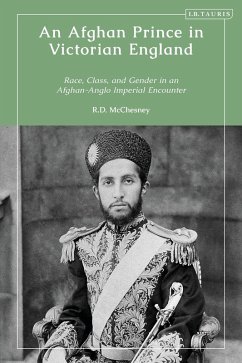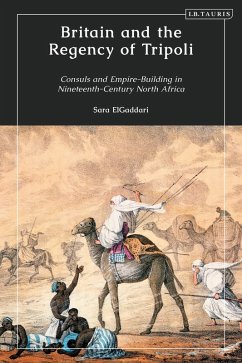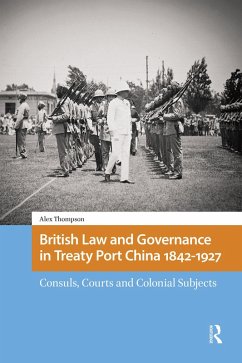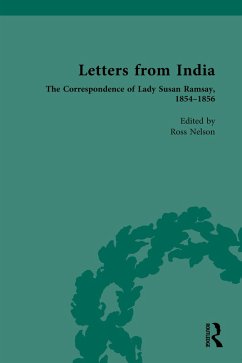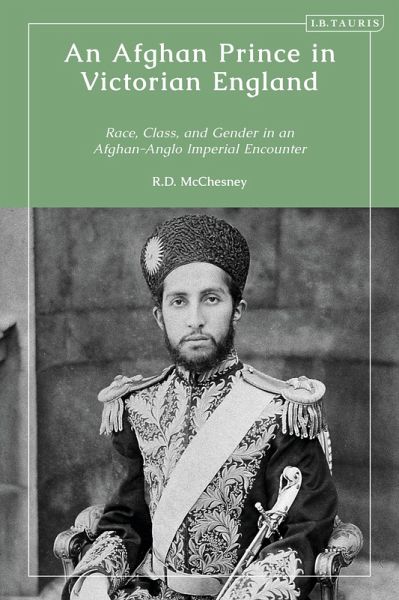
An Afghan Prince in Victorian England (eBook, ePUB)
Race, Class, and Gender in an Afghan-Anglo Imperial Encounter
Versandkostenfrei!
Sofort per Download lieferbar
74,95 €
inkl. MwSt.
Weitere Ausgaben:

PAYBACK Punkte
37 °P sammeln!
In 1894 Great Britain invited ''Abd al-Rahman Khan, the amir of Afghanistan, to England for a state visit. Then at the height of its imperial might, Britain sought to strengthen ties with the strategically important Afghanistan, which shared a long frontier, not yet a border, with British India. The amir''s aim for the visit was to secure permission for an Afghan legation (embassy) in London while the British, unaware of this goal, hoped to overawe the amir with displays of military and industrial might as well as performances to show the strength and unity of British civil society. The amir, ...
In 1894 Great Britain invited ''Abd al-Rahman Khan, the amir of Afghanistan, to England for a state visit. Then at the height of its imperial might, Britain sought to strengthen ties with the strategically important Afghanistan, which shared a long frontier, not yet a border, with British India. The amir''s aim for the visit was to secure permission for an Afghan legation (embassy) in London while the British, unaware of this goal, hoped to overawe the amir with displays of military and industrial might as well as performances to show the strength and unity of British civil society. The amir, citing illness, ultimately declined the invitation but, in a calculated snub, sent his second son, Prince Nasr Allah Khan, in his place. This book narrates the events of the prince''s mission in a number of revealing ways. Using both British and Afghan sources, including the journal of a senior member of the Afghan contingent, McChesney places the visit in its international and historical context and analyzes the internal dynamics of the prince''s delegation, the seventy members of whom represented Afghanistan but included two Englishmen and two Englishwomen. A further twenty members, representing the Government of (British) India, were as multi-ethnic and multilingual as the members of the Afghan delegation. This bilateral and complex mission left India in April 1895 and remained together for the next six months. From the beginning it was riven by incidents of misogyny, racism, and class conflict that affected its ability to perform its diplomatic functions. The reader gains insights into the goals and tactics of two asymmetrical yet competing powers as well as a rare look at the human element in this cross-cultural diplomatic encounter.




